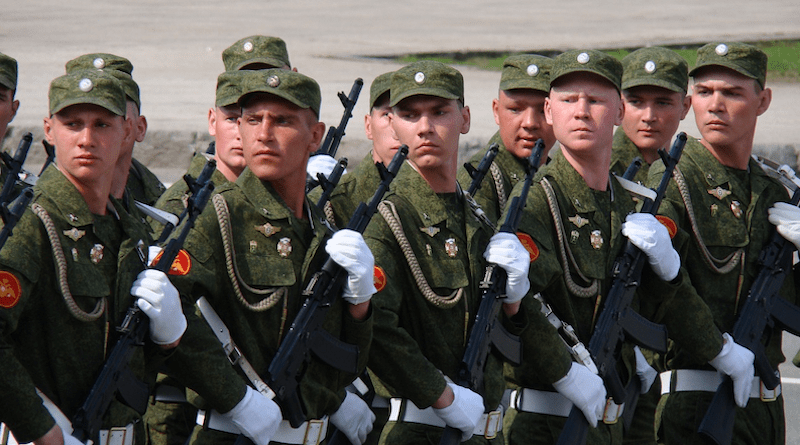Russia: Any New Mobilization Will Be Both More Difficult And Risky Than The First – OpEd
By Paul Goble
Even as some in Moscow are pushing for new mobilizations and an expansion of the Russian army so as to overwhelm Ukraine, Abbas Gallyamov is outlining the reasons why each new mobilization and expansion in the size of the military will be more difficult to carry out and pose more threats to the Kremlin itself.
The Russian commentator who earlier worked as a Putin speechwriter says that “each new wave of mobilization will be a little more difficult than the previous one. The most uncomplaining have already been taken away. Now, the regime must take those who had the courage to evade mobilization before” and who believe they can do so again (publizist.ru/blogs/112974/44238/-).
“The same logic applies to protests,” Gallyamov says. Up to now, they haven’t been that large, primarily because “those who went to the front were mainly those incapable of demonstrating their unhappiness with that prospect … During future waves, when the authorities come for the less loyal and more independent-minded ones, the chances of protest will grow.”
And that in turn is likely because “by that time, everyone will know what is happening to those who were taken and are now serving at the front.”
Of course, the authorities could learn from their mistakes and correct them so that the mobilization process will improve. But that prospect is almost certainly “hypothetical” given that the powers that be have shown no ability to learn from their mistakes and instead believe that they will succeed if they just continue doing what they have been.
Unfortunately for them, they face a problem: Those Russians most supportive of Putin’s policies are the ones who are dying ecause they are the most wiling to “believe in fairy tales about Ukrainian Nazis and didn’t resist mobilization.” But because that is so, “the regime is [unwittingly] destroying its own social base.”
Gallyamov’s observations come as others in Moscow are pressing for more mobilizations and the creation of a mass army on the Soviet model. Such a force, analysts like Aleksandr Khamchikhin say, would overwhelm Ukraine as most Russians want and intimidate the West whose leaders are committed to small professional forces (nvo.ng.ru/realty/2022-10-20/4_1211_ukraine.html).
If Russia mobilizes a mass army, it will only frighten the West still more, Khamchikhin argues; but if it tries to do so, Gallyamov suggests, it will lose more than it will gain and may even become its own gravedigger.

